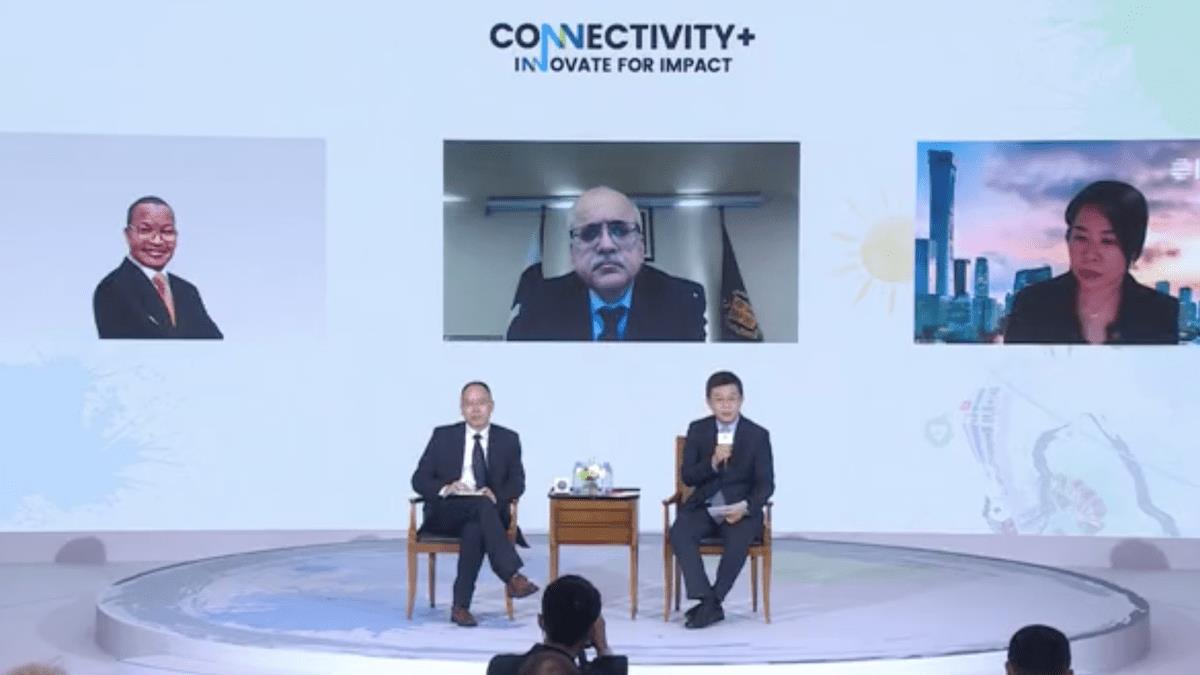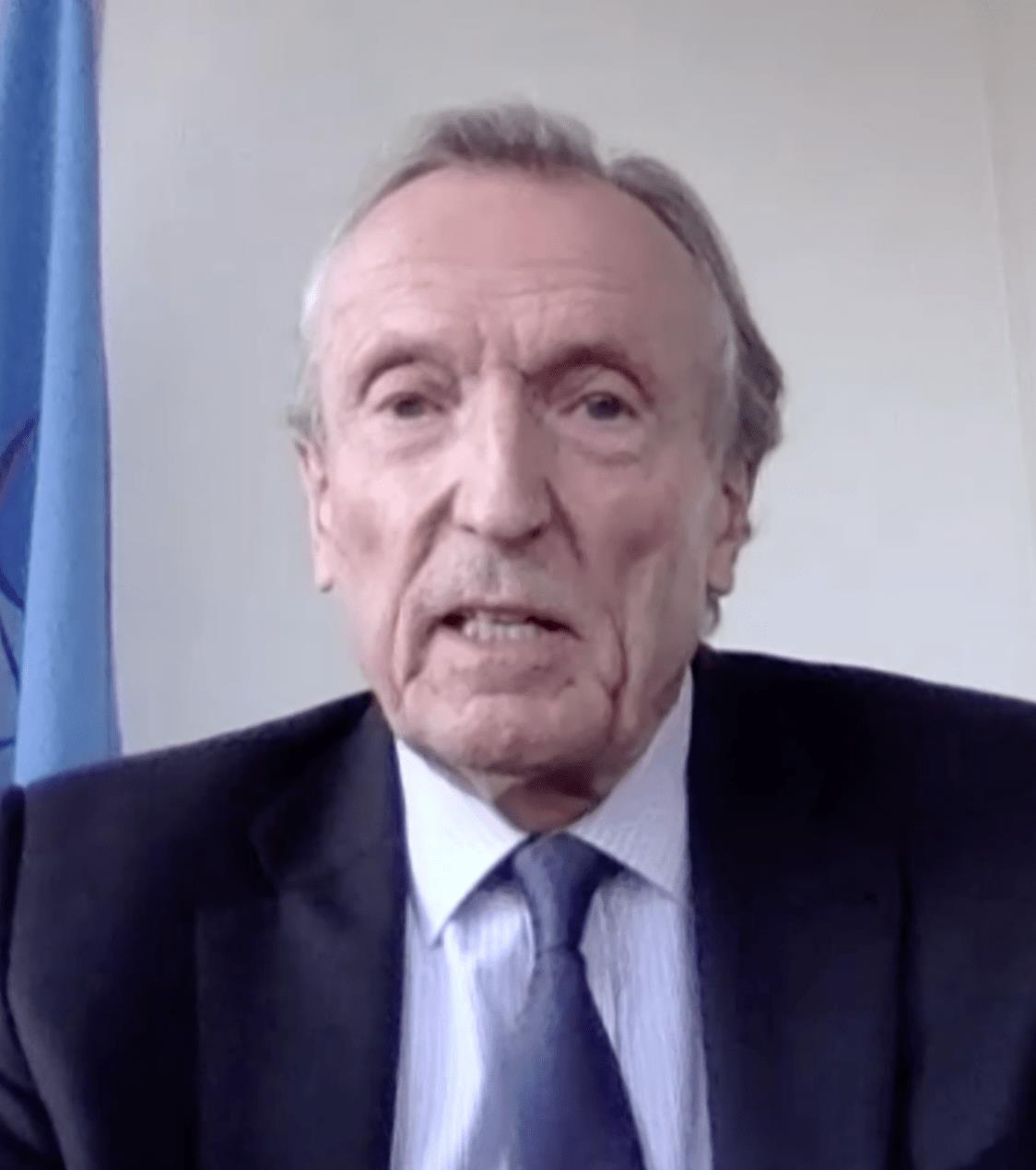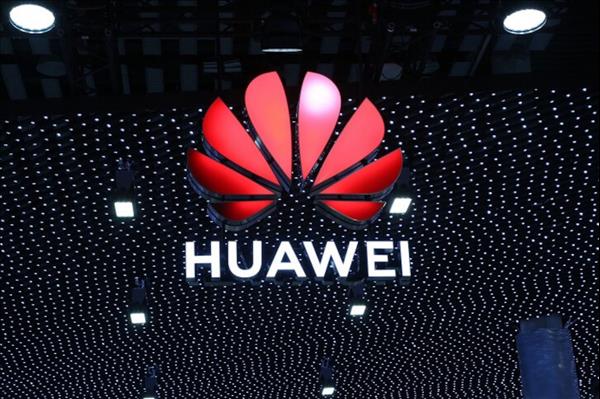(MENAFN- Asia Times) Huawei Technologies is eyeing new emerging markets and novel strategies in response to setbacks and sanctions on its expansion plans in the West, company chairman Liang Hua said at a corporate forum held this week in Shenzhen.
Liang said at the“Connectivity+: Innovate for Impact” forum held on Wednesday (November 23) that Huawei plans to provide telecommunication services to 120 million people in rural areas across 80 countries by 2025. In particular, he said the Chinese tech giant is targeting new markets in Southeast Asia, Africa and the Middle East.
That marks a hard strategic pivot for the embattled technology firm. In May 2019, the US Commerce Department put Huawei and its 70 affiliates on its Entity List and banned the sale of hardware and software involving US technology to Huawei and its subsidiaries.
Those punitive measures, imposed in the name of national security, have included a ban on the use of Huawei-made products in the US as well as blocks on the sale of US-made high-end chips to the company. The US has also barred Huawei's use of Google's Android operating system.
The United Kingdom, Australia, New Zealand, Canada, Japan and Taiwan have all said they would follow suit. Some European countries such as France and Germany have not announced formal official bans on Huawei's products but analysts believe even those countries have“implicit” bans in place.
Those sanctions have torpedoed Huawei's bottom line. The company announced in August that its net margin declined by nearly 50%, from 9.8% to 5%, in the first half of 2022 compared to the same period last year. Huawei's net profit fell by 52% to 15.1 billion yuan over the same period.
In response, Huawei's founder, chief executive Ren Zhengfei, wrote in an internal memo in late August that the company will shut down or reduce its unprofitable businesses and focus more on its high-value lines in the coming years.
“Our respite period is 2023 and 2024. We are not sure whether we can achieve any breakthroughs these two years,” Ren said in the memo.“Therefore, everyone should now not present concepts but talk about reality, especially in business forecasting.”
Six main businesses Wednesday's forum appeared to outline at least one aspect of the company's new international strategy.
The event was attended via the internet by ministers and regulators in Cambodia, Nigeria, Bangladesh, Pakistan and South Africa. Industry experts from South Africa, Belgium and Germany were also in virtual attendance.
Liang said Huawei's six main businesses are information and communications technology infrastructure, terminal devices, digital power, cloud, intelligent automotive solutions and its fabless semiconductor business branded as Hisilicon.
“Our vision and mission are to bring digital technologies to every home and organization,” Liang said.“We will apply innovative technologies to our solutions so that we can enable connectivity and reach people's lives.”

Huawei held its CSD Forum in Shenzhen on November 23, 2022. Photo: screenshots
“Over the past few years, we have made a lot of efforts working out the problems with our products, solutions and services,” he said in comments on Western sanctions.“We will continue to work on our supply issues so that we can continue to supply our products and services to our customers in the future.”
While expanding overseas, Liang said Huawei would also be mindful of its social responsibilities. He said one of the company's latest efforts was to join the International Telecommunication Union's Partner2Connect digital alliance.
The ITU is a specialized United Nations agency responsible for information and communication technologies (ICTs) that seeks to facilitate international connectivity in communications networks and improve access to underserved communities worldwide.
Huawei on Wednesday signed an agreement to join P2C and targeted the provision of connectivity to about 120 million people in remote areas in more than 80 countries by 2025. Currently, the company has already connected 60 million people overseas in a dozen countries, it said.

ITU Deputy Secretary-General Malcolm Johnson said Huawei could help improve connectivity in rural places. Photo: Screenshot
ITU Deputy Secretary-General Malcolm Johnson said expanding telecommunication services in rural areas refers not only to connectivity but also to affordability.
Johnson said Huawei's commitment to the P2C alliance would help improve connectivity and digital skills in rural areas.
Siddharth Chatterjee, United Nations resident coordinator in China, said policymakers, telecommunication service providers, academia and civil society should join hands to end the“digital divide,” which excludes a third of the global population from connectivity.
In 2018, Huawei launched a pilot program called RuralStar in the African country of Ghana to connect people in remote areas.
Cao Ming, president of wireless solutions at Huawei, said he hopes developing countries will open their markets and launch supportive policies to extend internet connections down more roads and into rural areas.
Cao said a lack of affordable terminal devices is the main problem for low connectivity in rural places.
“We all know that 4G is 10 times faster than 3G. But in Africa, upgrading 3G terminal devices to 4G costs an extra US$8 per person, making most users stick to 3G services,” he said.
Cao said Huawei has successfully lowered costs by erecting poles instead of building expensive towers and bases, and using solar energy to power the equipment in rural areas in Ghana. He said about 2,000 RuralStar sites have connected 3.2 million people with each pole serving about 1,000 to 2,000 people in Ghana.
Cao added that the model has been replicated in a dozen other countries as local governments and telcos are now more motivated by the shortened payback time, which he said is now about one to three years.
Middle East and Southeast Asia
Last year, the US pressed the United Arab Emirates to remove Huawei from its telecommunications network or it would halt an earlier agreement to supply the country with F-35 fighter jets. In July this year, Washington signed an agreement to develop 5G and 6G networks in Saudi Arabia in a bid to reduce Huawei's influence in the oil-rich kingdom.
In October 2021, Huawei Digital Power, a unit of Huawei Technologies, said it won a contract to set up a solar energy system for the Red Sea Project, a mega-property project in Saudi Arabia. The company will integrate its digital information technology with photovoltaic and energy storage technologies in the project.

Saudi customers at a Huawei store in Riyadh. Image: Facebook
“We expect the Middle East to become a major technology hub in the future,” Liang said.“The Middle East can build more data centers and use their high-computing power and artificial intelligence technologies to build smart cities and boost the digital economy.”
Liang said the Middle East can adopt solar energy more easily than other places due to its longer daytime.
He added that Southeast Asian countries such as Indonesia already have well-established infrastructure and thus it's a good time to develop more applications by integrating 5G and AI technologies into manufacturing and agricultural businesses.
He said online education, medical services and e-government represent good business opportunities for Huawei in the region.
read: huawei's profits collapse as us sanctions bite
Follow Jeff Pao on Twitter at @jeffpao3






















Comments
No comment